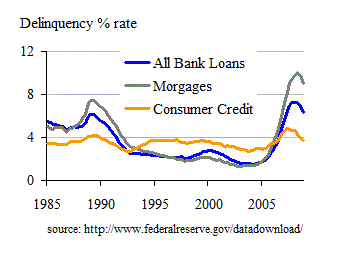Neubarth
At the Ballpark July 30th
Mortgage Delinquencies, Foreclosures Break Records
Mortgage delinquencies, foreclosures break records - Yahoo! Finance
WASHINGTON (AP) -- The number of homeowners who missed at least one mortgage payment surged to a record in the first quarter of the year, a sign that the foreclosure crisis is far from over.
More than 10 percent of homeowners had missed at least one mortgage payment in the January-March period, the Mortgage Bankers Association said Wednesday. That number was up from 9.5 percent in the fourth quarter of last year and 9.1 percent a year earlier.
Those figures are adjusted for seasonal factors. For example, heating bills and holiday expenses tend to push up mortgage delinquencies near the end of the year. Many of those borrowers become current on their loans again by spring.
Without adjusting for seasonal factors, the delinquency numbers dropped, as they normally do from the winter to spring.
More than 4.6 percent of homeowners were in foreclosure, also a record. But that number, which is not adjusted for seasonal factors, was up only slightly from the end of last year.
Mortgage delinquencies, foreclosures break records - Yahoo! Finance
WASHINGTON (AP) -- The number of homeowners who missed at least one mortgage payment surged to a record in the first quarter of the year, a sign that the foreclosure crisis is far from over.
More than 10 percent of homeowners had missed at least one mortgage payment in the January-March period, the Mortgage Bankers Association said Wednesday. That number was up from 9.5 percent in the fourth quarter of last year and 9.1 percent a year earlier.
Those figures are adjusted for seasonal factors. For example, heating bills and holiday expenses tend to push up mortgage delinquencies near the end of the year. Many of those borrowers become current on their loans again by spring.
Without adjusting for seasonal factors, the delinquency numbers dropped, as they normally do from the winter to spring.
More than 4.6 percent of homeowners were in foreclosure, also a record. But that number, which is not adjusted for seasonal factors, was up only slightly from the end of last year.



